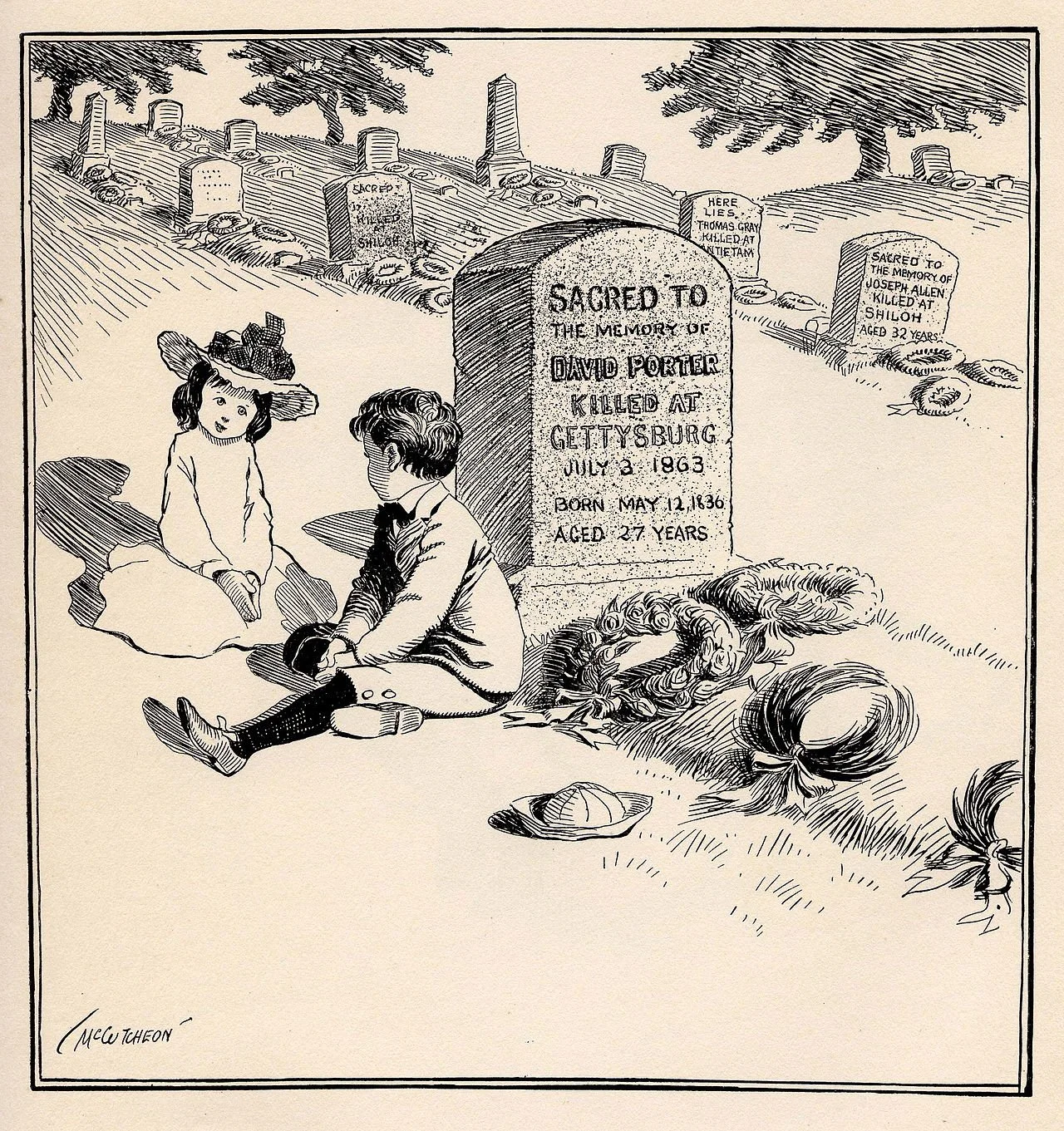Via OtherWords.org
Republicans are pushing a huge corporate tax cut bill through Congress. You might’ve seen a lot of coverage trying to sort out “who wins” and “who loses.”
All that misses the point.
The driving motivation behind this bill, rhetoric and packaging aside, is to deliver a whopping $1 trillion tax cut for a few hundred badly behaved global corporations — and another half a trillion to expand tax breaks and loopholes for multi-millionaires and billionaires.
All the other features of proposed tax legislation are either bribes (“sweeteners”) to help pass the bill or “pay fors” to offset their cost.
The news media has been talking about “winners and losers” like this were some sort of high-minded tax reform process with legitimate trade-offs, as in 1986.
But this isn’t tax reform. This is a money grab by powerful corporate interests.
The key question isn’t who wins and loses, but whether we should undertake any of these trade-offs to give massive tax breaks to companies like Apple, Nike, Pfizer and General Electric — companies whose loyalty to U.S. communities and workers is historically abysmal.
These companies have been dodging their taxes for decades while small businesses and ordinary taxpayers pick up their slack to care for our veterans, maintain our infrastructure, and educate the next generation.
Apple alone is holding $250 billion in offshore subsidiaries to reduce its taxes.
For wealthy individuals, the proposed House tax bill eliminates the federal estate tax, which is paid exclusively by families with over $11 million, mostly residing in coastal states.
It eliminates the Alternative Minimum Tax, a provision that ensures that wealthy taxpayers chip in at least a few dollars after gaming all their possible deductions.
And while the top tax rate on high earners remains roughly the same, Congress is proposing to open up a “pass through loophole” that will enable wealthy people and their tax accountants to convert their income to be taxed at a lower tax rate.
We should avoid distracting debates over whether to reform one provision or another, such as the home mortgage interest deduction. The real estate industry understands the score. “These corporations are getting a major tax cut, and it’s getting paid for by the equity in American homes,” said Jerry Howard, chief executive of the National Association of Home Builders.
Reforming the home mortgage interest deduction makes a lot of sense — the current tax break mostly benefits the already wealthy and fails to expand homeownership. But we shouldn’t restructure housing tax incentives to pay for a massive tax cut for billionaires and badly behaved global corporations.
Nor should we eliminate the deductibility of student debt, eliminate the deduction for state and local taxes, or require families with catastrophic health expenses to pay more to reduce taxes on big drug companies and Jeff Bezos of Amazon. This tax bill would do all of those things.
The good news is people aren’t falling for the marketing baloney that this tax cut will help the middle class. Fewer than 30 percent of voters support these tax cuts, and solid majorities believe that the wealthy and global corporations should pay more taxes, not less.
But this won’t stop Republicans who care more about their campaign contributors than they do about voters.
If the GOP majority in Congress were responsive to voters, they’d invest in updating our aging infrastructure and in skills-based education, as we did after World War Two. Instead of saddling the next generation with tens of thousands in student debt, real leaders would be figuring out how to lift up tomorrow’s workers and entrepreneurs, just as we did in previous generations.
Under this tax plan, small business and ordinary taxpayers will be the big losers. That’s the only score that matters.
Chuck Collins directs the Program on Inequality at the Institute for Policy Studies and co-edits Inequality.org.
















